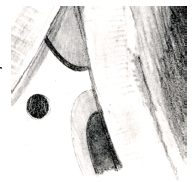Templates are available in a huge range of shapes and sizes …
… and if you want realism in your
drawings, you’ll need to invest in some.
Start with a set of circles, ovals, and squares, but it’s a good idea to look over the options to keep in mind for future projects.
Templates are necessary because even when drawing portraits, you are often required to depict man-made objects– buttons, patterns on clothing, buckles, and zippers are a few of the most common.
Keep in mind when you’re using templates that shapes are only perfect from head-on angles. The shapes need to be adjusted for side views, bird’s eye and worm’s eye vantage points.
Because of that, in addition to having shapes, you also need templates of curves that you can use to render perfect lines that are angled. French curves are a good option for small areas, and a flexible curve is good for large ones.
When using a template on your drawing, check to be sure that it’s clean before putting it on the down (sounds obvious, but that has been a lesson hard learned in my case).
Draw the shape in place lightly, remove the template and double check that it’s the right size and in the right place before re-tracing over it darker. Vary the pressure of the line as you trace; unless it’s a pattern on cloth, it will have a dark side and a highlight side.
Emphasize the difference even if it’s not visible in the picture; the exaggeration will heighten realism in your work. If there are lines within lines, don’t get lazy and try to freehand them … they’ll appear sloppy so close to the precise lines.
If the shape has tone (versus being an outline), fill it in and blend over the top with the template still in place. It’s faster, and it looks better because it hides your pencil strokes.
Learn how to draw portraits like a master with our latest portrait mastery drawing course.
It’s just like having your own drawing teacher guide you step-by-step along the way without the expensive price tag.
No more smudgy mess with black and white that looks like a first grader whipped up in art class.
“Portrait Mastery” is generously illustrated showing you step-by-step just how to create a real life portrait.





